Six weight loss myths debunked by a nutritionist
Can any of these weight loss myths actually help you to lose weight?
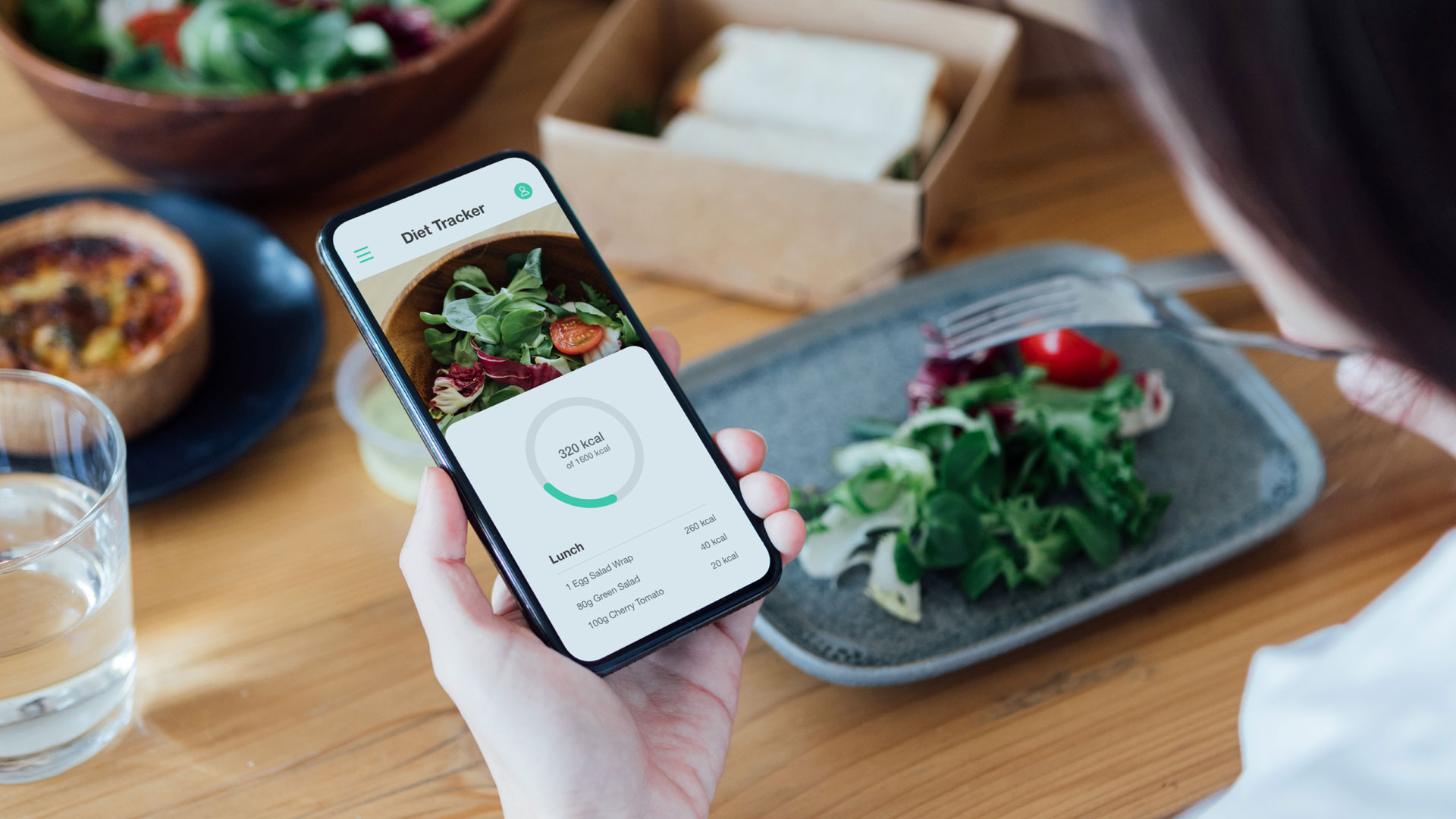
The Internet can be a great source of nutrition knowledge, but it is also littered with various weight loss myths and misconceptions. If you’ve ever tried to find answers to seemingly simple questions about diet and exercise, you know it’s not always easy.
More often than not, it’s because nutrition science is not black and white, and research is still emerging in a whole load of areas. So to help cut through the confusion, we’ve spoken to Jenna Hope, registered nutritionist at Bertinet Bakery, about some of the most common weight loss myths and whether or not they’re actually true.
At the same time, we need to point out that weight loss is a complex process and it may heavily depend on circumstances like your genetic makeup and state of your health. While some people will get great results with intermittent fasting or HIIT training, others will turn to plant-based diets and the best exercise machines to lose weight. Taking individual differences into account will greatly help you shed unwanted pounds.
1. It doesn’t matter what you eat as long as you count calories
There is no way about it — maintaining a consistent calorie deficit, meaning eating fewer calories than you burn, is the basic principle of weight loss. Calorie counting is a great tool to track your diet, but it does come with certain shortcomings. The belief that it does not matter what you eat as long as you monitor your energy intake is one of the biggest weight loss myths. What you eat does matter. One gram of protein may have the same amount of calories as one gram of carbohydrates, but it will have a vastly different effect on your metabolism.
“Food is far more than just looking at calories,” agrees Jenna Hope. “For example, take 100 calories from almonds compared with 100 calories from chocolate cake. The almonds will be rich in protein, healthy fats and key nutrients such as magnesium and zinc. However, the chocolate cake will be high in sugar and saturated fats. Whilst the cake may have a small amount of nutrients, they won’t be as prevalent as they are in the almonds.”
In addition, counting calories may encourage you to obsess about quantity over quality. For some, this may be a gateway to developing an unhealthy relationship with food.
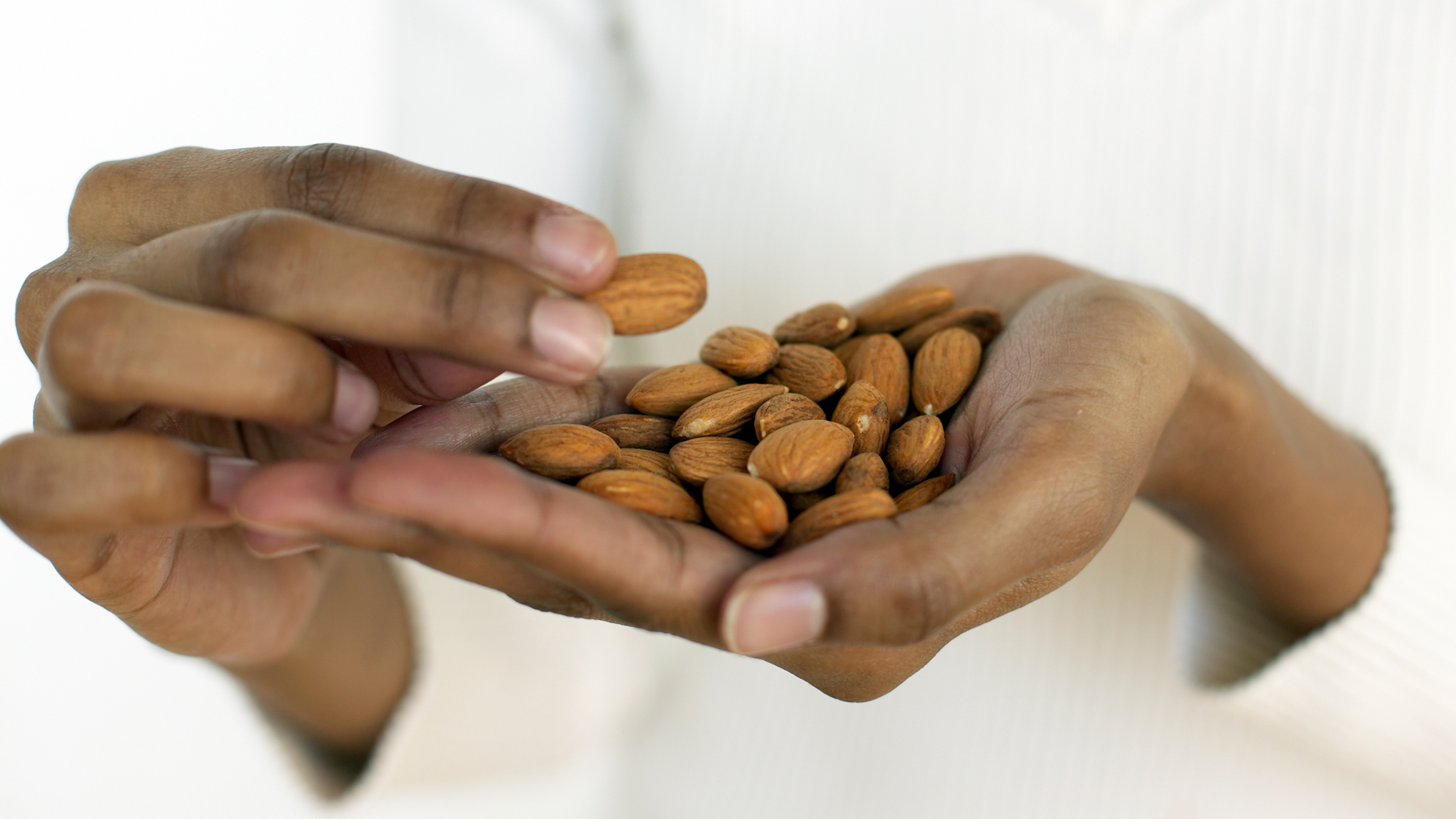
2. You can choose where you lose fat
Human bodies are not the same when it comes to gaining or losing weight. While some people tend to accumulate fat around their hips and legs, others will struggle more with their waistlines.
Get the Fit&Well Newsletter
Start your week with achievable workout ideas, health tips and wellbeing advice in your inbox.
It is understandable that we would want to focus on losing fat from specific areas, such as the thighs or abdomen. However, the idea that you can target body parts is a weight loss myth.
“Unfortunately, it’s not possible to spot-reduce fat,” says Hope. “Utilising more energy than you’re consuming at the very basic level will help with total body fat loss but the location of the fat loss will depend on a variety of factors such as genetics, gender, muscle mass and exercise.”
Nevertheless, if you focus on toning up particular areas, you can create a leaner physique and give the impression of more region-specific weight loss. Try this nine moves and no weight workout to build muscle strength in your glutes and legs.
3. Cutting fat from your diet helps you lose weight
It’s true that one gram of fat has more than twice the amount of calories than a gram of protein or carbohydrates. In theory, cutting down on this nutrient makes it easier to maintain a calorie deficit. However, avoiding dietary fats will not necessarily help you shed unwanted pounds. In fact, it may actually predispose you to weight gain.
“Fats have a higher satiety value than carbohydrates which means that they can keep you fuller for longer and therefore they may lead to a lower overall energy intake,” explains Hope.
People who cut fats from their diet also tend to replace them with added sugar, refined grains, and other unhealthy foods. Also, certain types of fats can be highly beneficial to our metabolism, promoting a healthy body weight. “Good fats play a vital role in supporting hormone production, energy function, brain and joint health too,” says Hope.
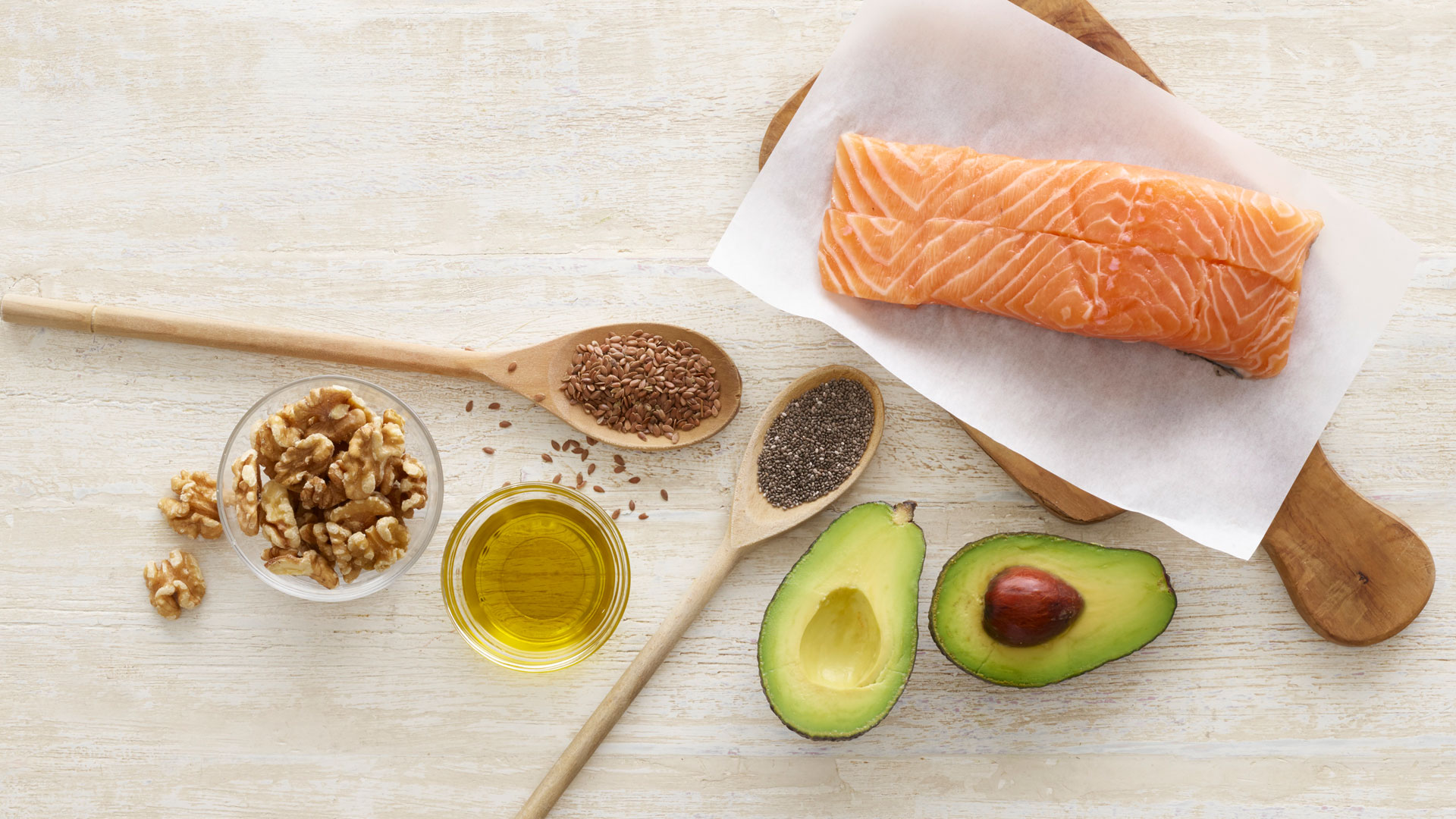
4. Losing weight is a linear process
It may feel disheartening if in spite of all your legitimate attempts to lose weight, you’re not seeing any great results. However, experiencing weight loss plateaus and weight fluctuations is an integral part of every weight loss journey, and it merely reflects how complex our bodies are.
“Weight loss is often not linear as the amount of energy you intake and expend can vary on a day by day basis,” says Hope. “Additionally, particularly for females, the time of the month can impact appetite and basal metabolic rate which both play a role in weight management. Factors such as stress, non-exercise activity thermogenesis (e.g. day to day tasks), sleep and exercise can impact weight management too.”
5. Carbohydrates make you gain weight
Should you cut carbs if you’re trying to lose weight? Not at all. In fact, it may be one of the most common weight loss myths, but in truth, there is not much evidence to back it up. Indeed, low carb diets can help you shed unwanted pounds, and they may even come with additional health benefits. Not to mention that minimising your intake of added sugars is a must in the fight against obesity. At the same time, avoiding the ‘good carbs’ may actually prove counterproductive.
“They are essential for the production of energy, supporting brain function and hormone function too,” says Hope. “Try opting for fiber rich, complex carbohydrates to help with satiety and to support a healthy gut.” Complex carbohydrates also keep your blood sugar levels and appetite in check.
It also needs to be stressed that carbohydrate weight gain may not be worth stressing over. “Carbohydrates can require extra water for storage which is why they’re often associated with weight gain. However, there is no evidence to suggest that consuming carbohydrates can lead to fat gain,” explains Hope.
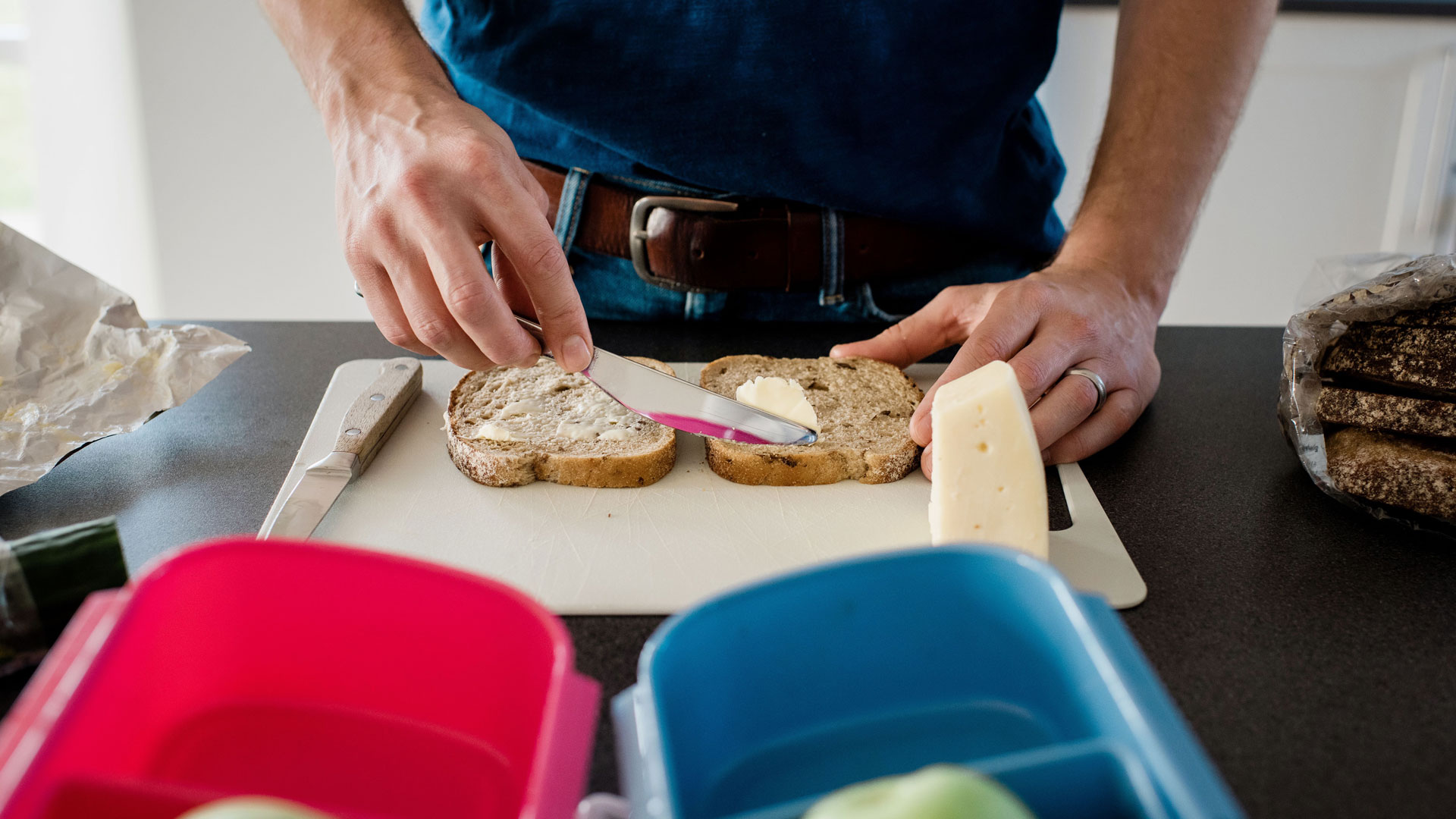
6. Eating healthy is expensive
You do not need to buy organic fresh produce, fancy diet food items or pricey dietary supplements to lose weight. With the right approach, it is fairly easy to eat healthily on a budget.
“Healthy eating doesn’t have to be expensive, cooking in bulk and opting for frozen fruits, vegetables, meat and fish can be a great way to reduce the cost of healthy foods,” says Hope. “Additionally, grains, beans and pulses are relatively inexpensive and can be really versatile too. Where possible, opt for canned beans and pulses and dried grains for the most cost efficient ways of purchasing wholefoods.”
You can also save money by investing in the best protein powders for weight loss, or making some clever healthy food swaps.

Anna Gora is a Health Writer for Future Plc, working across Coach, Fit&Well, LiveScience, T3, TechRadar and Tom's Guide. She is a certified personal trainer, nutritionist and health coach with nearly 10 years of professional experience. Anna holds a BSc degree in Nutrition from the Warsaw University of Life Sciences, a Master’s degree in Nutrition, Physical Activity & Public Health from the University of Bristol, as well as various health coaching certificates. She is passionate about empowering people to live a healthy lifestyle and promoting the benefits of a plant-based diet.
-
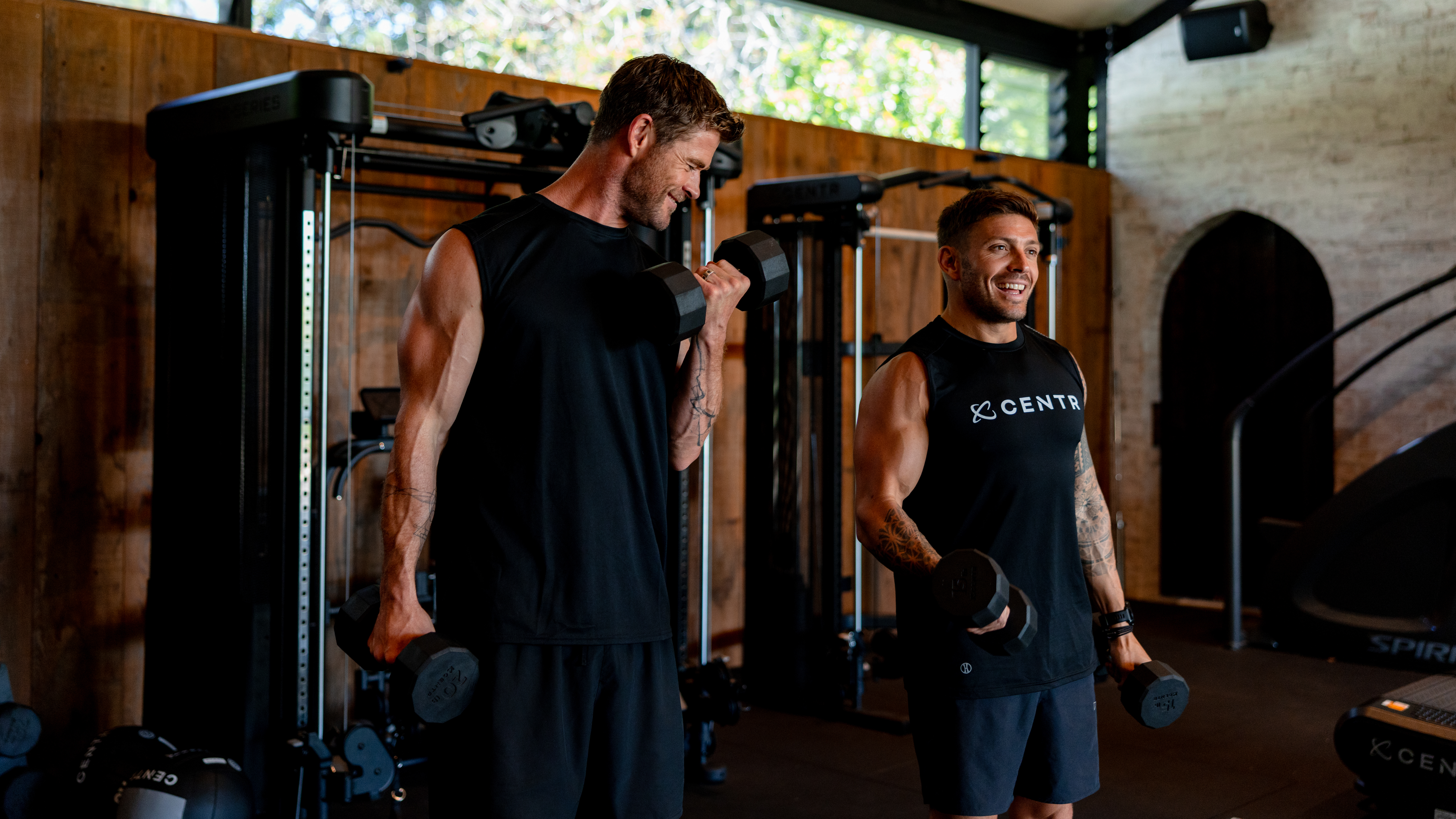 Build blockbuster arms and abs with Chris Hemsworth's go-to dumbbell circuit
Build blockbuster arms and abs with Chris Hemsworth's go-to dumbbell circuitAll you need are adjustable dumbbells and 20 minutes
By Sam Rider Published
-
 Forget crunches—if I wanted to improve core strength I'd do this neck-friendly Pilates workout
Forget crunches—if I wanted to improve core strength I'd do this neck-friendly Pilates workoutAnd it takes just five minutes
By Maddy Biddulph Published
-
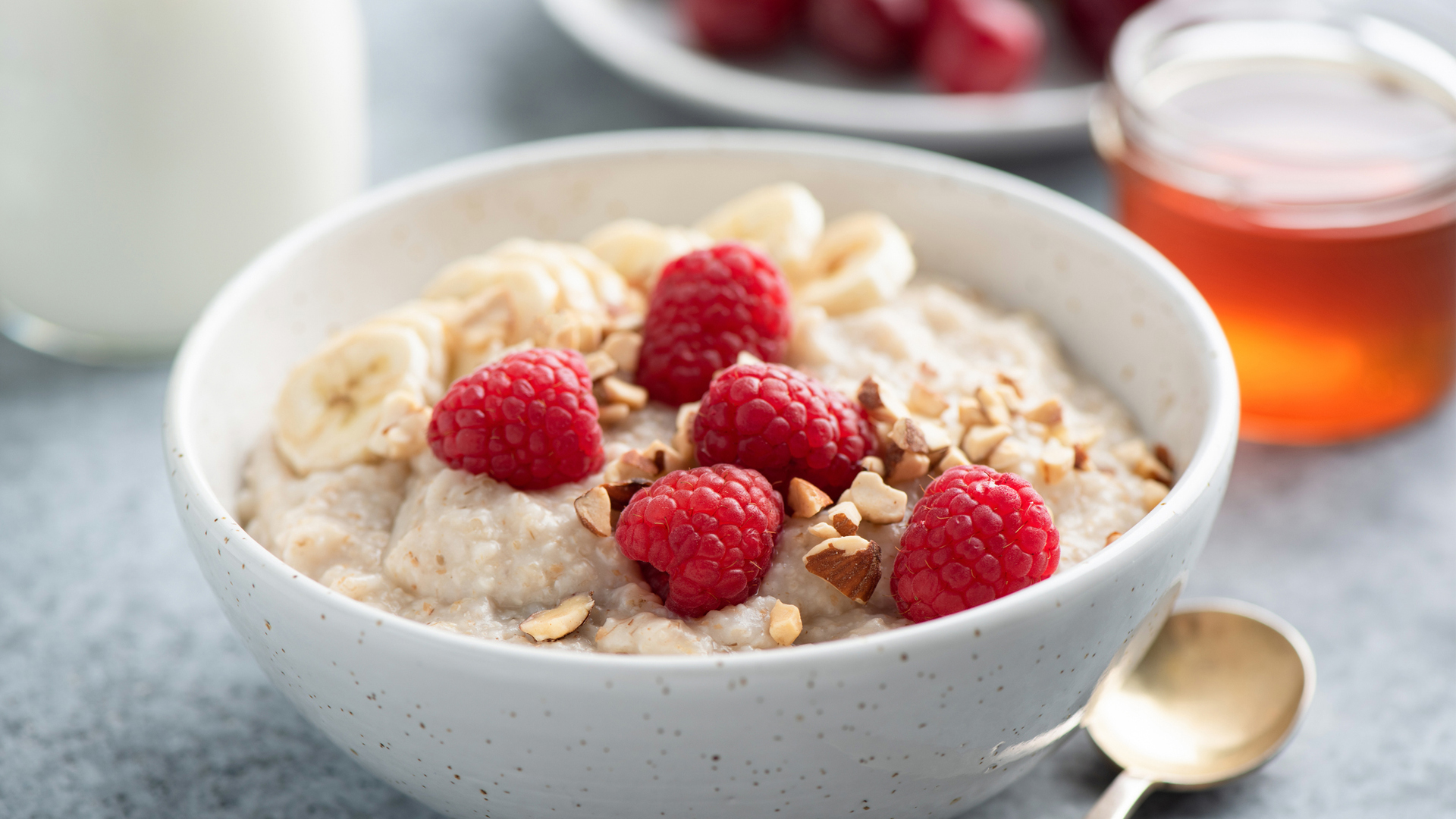 How to lose weight without counting calories
How to lose weight without counting caloriesWeight loss Finding a weight loss method that suits your lifestyle can be difficult. Here’s how to lose weight without counting calories, according to a dietician
By Alice Porter Published
-
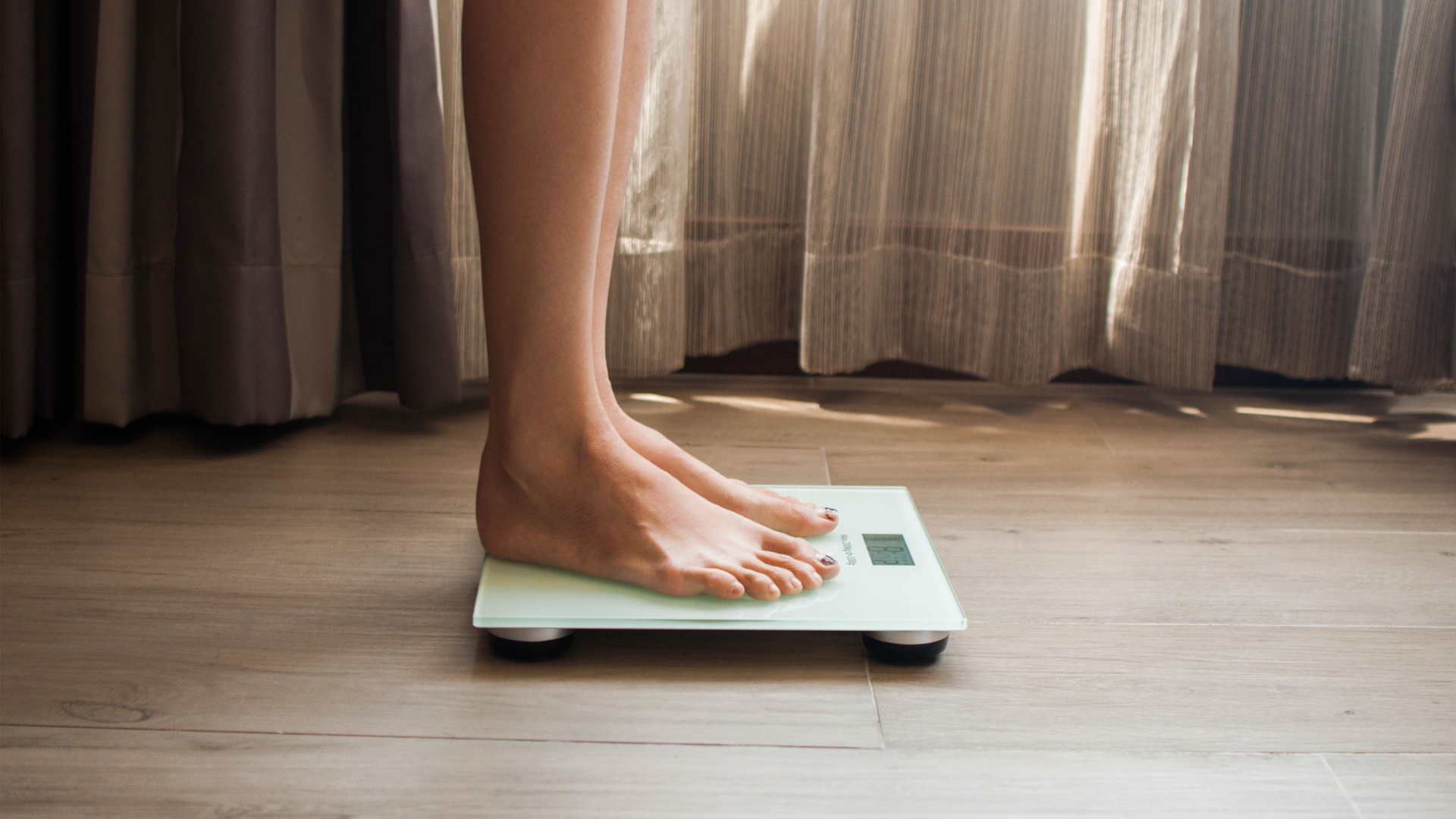 How long does it take to lose weight?
How long does it take to lose weight?Weight Loss Weight loss is personal — but how long does it take to lose weight on average? We asked a dietician to explain
By Alice Porter Published
-
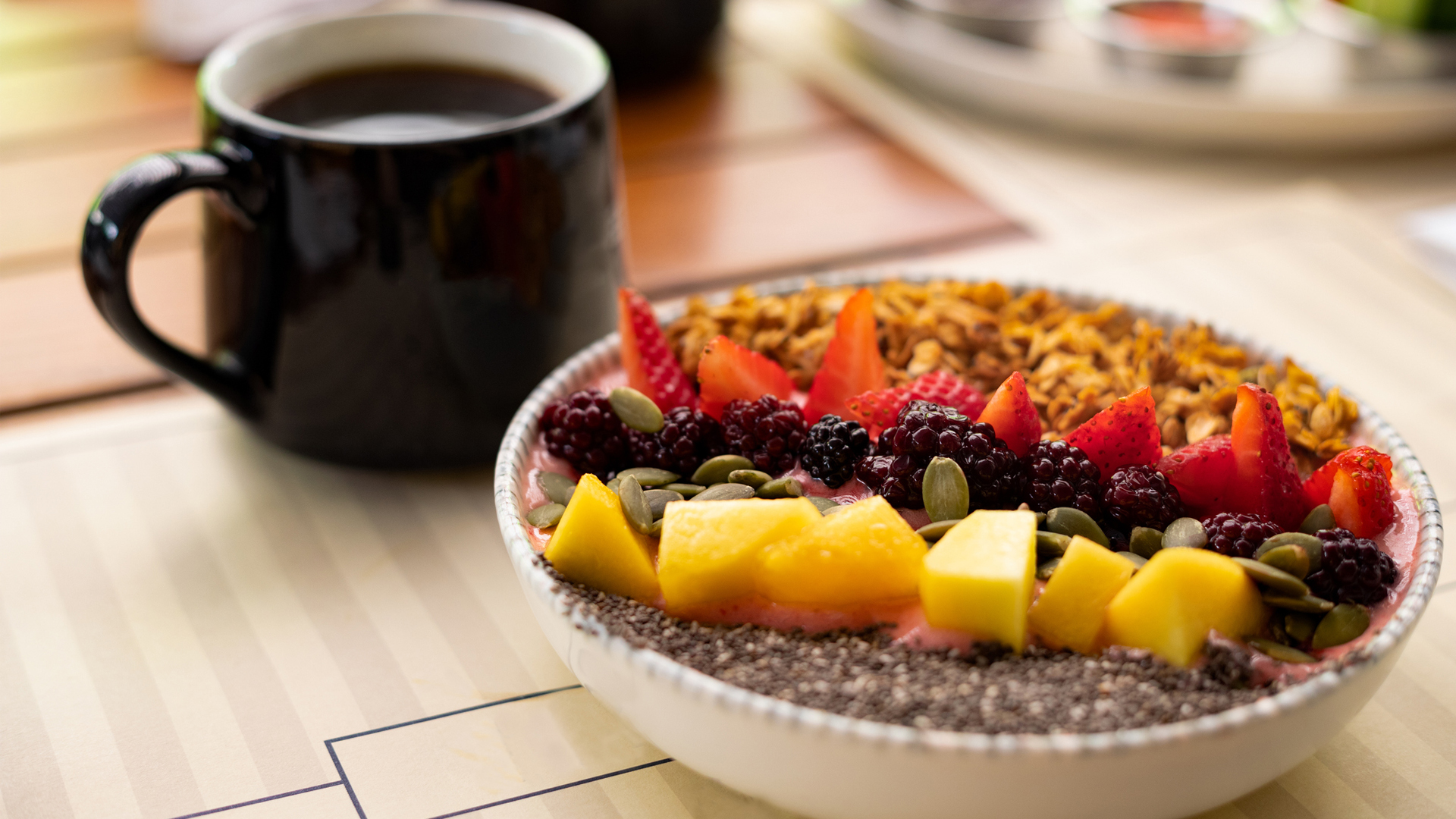 7 dietitian-approved weight loss hacks that actually work
7 dietitian-approved weight loss hacks that actually workThere’s no cheat-sheet to weight loss, but these dietitian-approved weight loss hacks can actually make a difference
By Mollie Davies Last updated
-
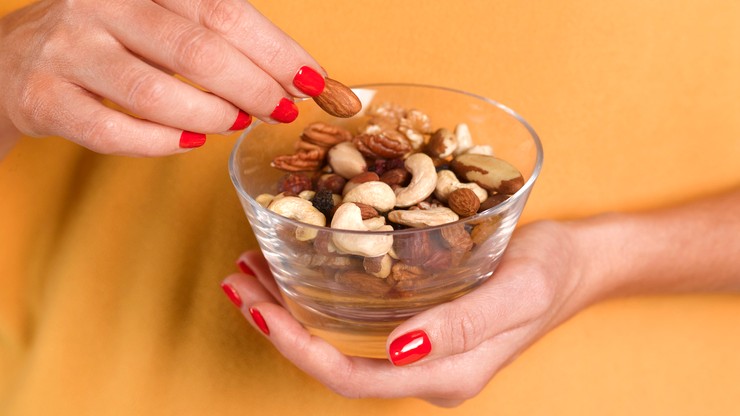 Seven nutrition myths busted – including why snacking isn’t bad for you
Seven nutrition myths busted – including why snacking isn’t bad for youNutrition Eating well can be tricky without knowing the facts about how nutrition works. Here are some nutrition myths that you might have believed until now
By Alice Porter Published
-
 Eight reasons you can’t lose weight – and what to do about it
Eight reasons you can’t lose weight – and what to do about ithow to Sticking to a diet plan but still can’t lose weight? Here are eight things that could be preventing you from seeing changes to your body
By Alice Porter Published
-
 The most common weight loss mistakes and how to avoid them
The most common weight loss mistakes and how to avoid themhow to Struggling to shed those extra pounds? You may be making these weight loss mistakes
By Meg Walters Published
-
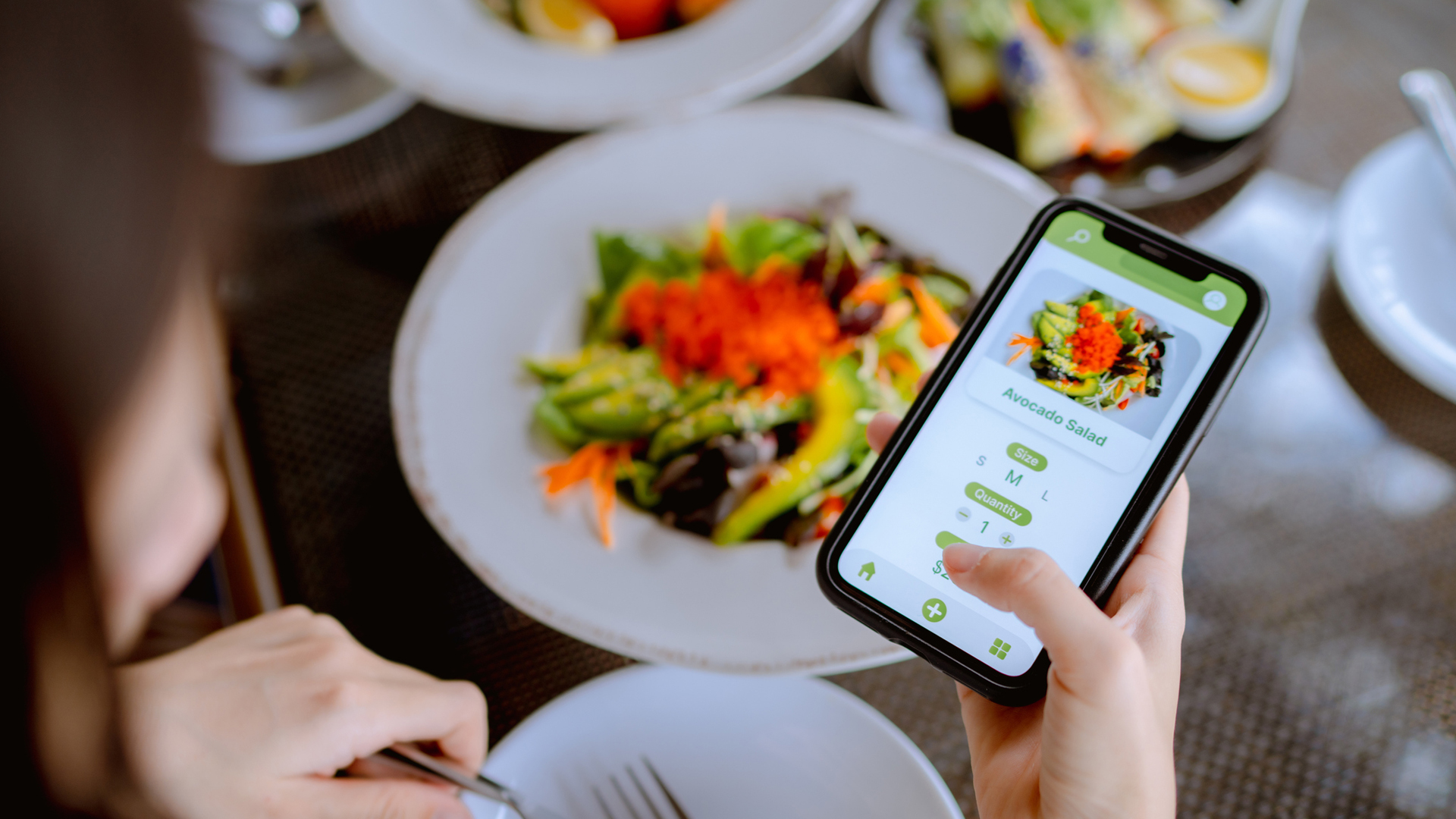 How to calculate macros for weight loss
How to calculate macros for weight lossNutrition Our expert gives us the lowdown on how to calculate macros for weight loss
By Lucy Gornall Published
-
 Does drinking water help you lose weight?
Does drinking water help you lose weight?Weight loss Does drinking water help you lose weight? We look at the facts and the links between hydration and weight management
By Lou Mudge Published